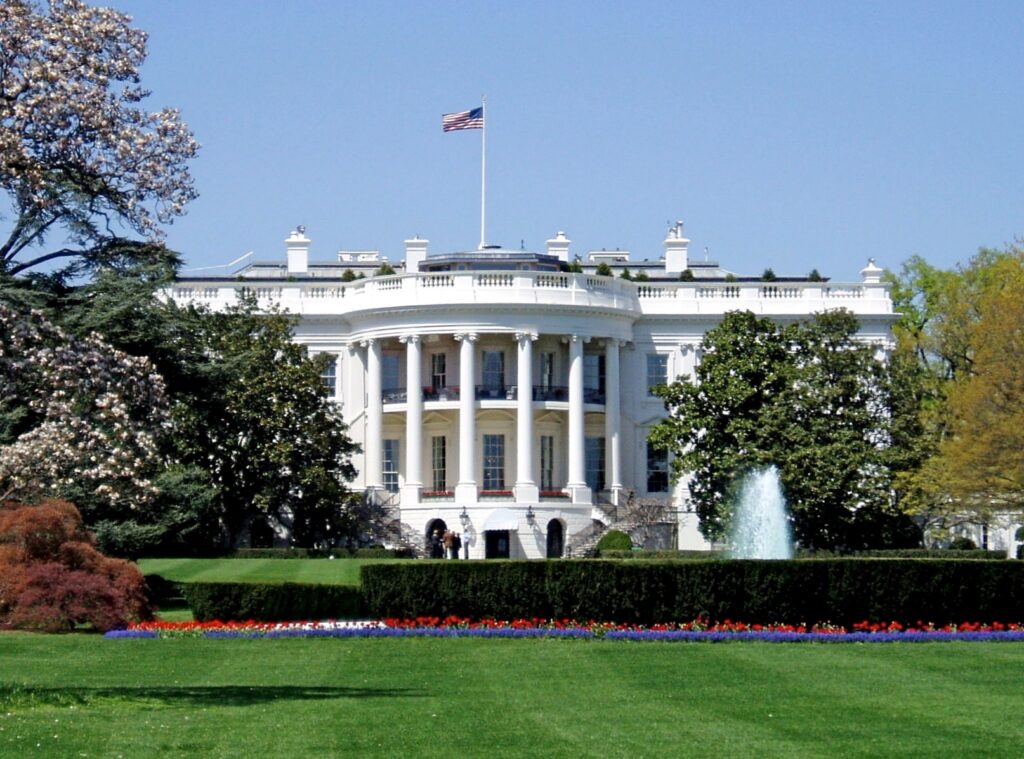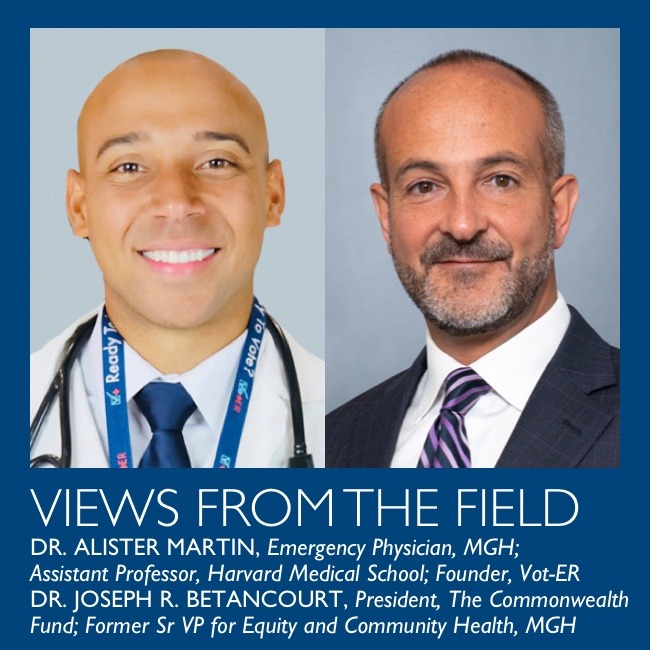The Final Reconciliation Package: Implementation of Key Provisions
On July 4, 2025, H.R. 1, the One Big Beautiful Bill Act, was signed into law. The implementation dates for key health care provisions in the law vary, with some taking effect immediately upon passage and others being implemented over several years. This resource details key dates for the implementation of the law’s most significant health care provisions.
Deadlines in Health-Related Executive Orders and Presidential Memoranda
This GIH policy resource details many of the health-related executive orders issued by the administration and includes a calendar of upcoming implementation deadlines.
Beyond the Exam Room: Impacting Health Outcomes Through Civic Engagement
August marks Civic Health Month, a time to showcase the link between voting and health and celebrate efforts that ensure every voter can support their community’s health at the ballot box. At the same time, the United States is grappling with a health care system ranked 37th globally despite consuming 17 percent of the country’s GDP. With 26 million Americans uninsured and 43 million underinsured, the gap in access to care continues to widen. This crisis will deepen as critical ACA subsidies expire at the end of 2025, potentially leaving 3.8 million more Americans without coverage, in addition to new federal cuts to Medicaid and changes to how coverage is accessed through the health insurance marketplace, which could result in as many as 20 million Americans losing their health insurance.
Collaborating Where Health Happens
At the Robert Wood Johnson Foundation (RWJF), our mission is to improve health and health care for all Americans. But improving health for the most vulnerable requires acknowledging that factors such as poverty, violence, inadequate housing, and education contribute to poor health.
The Value of Interdisciplinary Research Networks
In this time of economic hardship, foundations – like us all – are searching for the most creative and productive strategies for getting the most out of constrained budgets. Many foundations that support research, as well as health care delivery, have become aware that in attempting to understand complex issues related to human health, behavior, and well-being, it is often most useful, even necessary, to employ an interdisciplinary approach.
Ensuring the Health of America’s Children: Progress and Opportunities
Behind the headlines of a weakened U.S. economy and rising unemployment are two related developments: the transformation of health care coverage into an issue of real salience to working families and the middle class, and the ways in which states have crafted, and will continue to craft, an effective response.
Community Advisory Committees: Collaboration and Shared Learning
As a result of turmoil in world financial markets and a faltering economy in the United States, economic pressures on communities have intensified the risk of many people being overlooked or ignored; many are not receiving the health care they and their families need.
Evaluating Programs: Can We Measure the Value of Health Grantmaking?
Partnering with policymakers and members of the business community is an effective way to increase the impact of health grantmaking by working cross-sectorally, and evaluating the effectiveness of these partnerships will help sustain interest in such collaborations.



